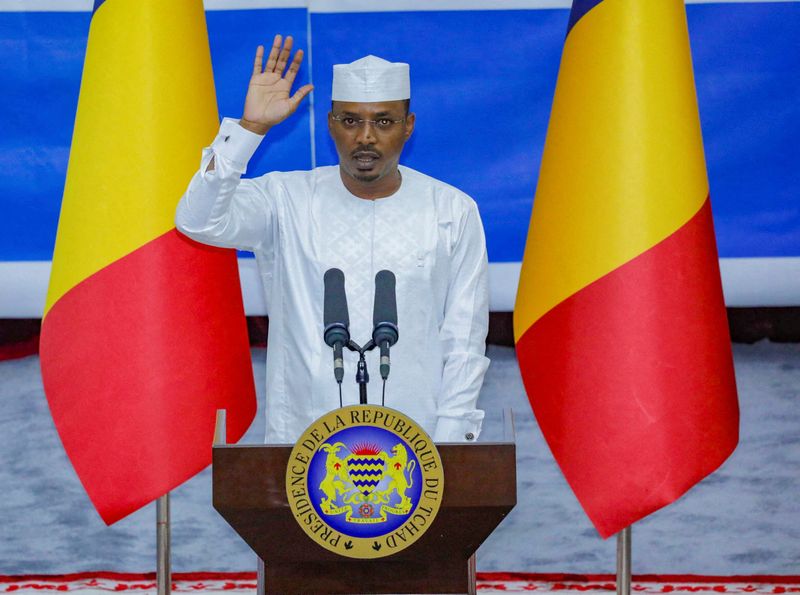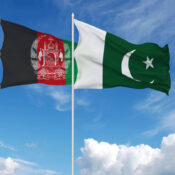
Chad’s legislative elections are expected to strengthen the president’s hold on power
Sunday’s parliamentary election, which the opposition boycotted, will probably solidify President Mahamat Idriss Deby’s hold on power and finalize the oil-producing country’s shift to constitutional governance.
When rebels assassinated his father, President Idriss Deby, on the battlefield, Deby took over and declared himself interim leader. Three years later, in May, he was elected in a contentious referendum.
Sunday’s legislative election, the nation’s first in more than ten years, was boycotted by opposition leader Succes Masra’s Transformateurs party and a number of other parties. They are also abstaining from Sunday’s regional and local elections.
Voting began for military personnel and nomads on Saturday at 7 a.m. (0600 GMT), and for the general population on Sunday at the same time. Over eight million individuals are enrolled to vote.
The big, mostly arid Central African country is expected to have preliminary results by January 15, 2025, and final results by January 31, 2025.
“I am voting for three candidates simultaneously for the legislative, provincial, and municipal elections for the first time,” Moussa Ali Hissein, 27, stated.
“I hope that the promises made to the youth by these candidates will be fulfilled. Specifically, I need a job.
According to 31-year-old Abel Moungar, he hopes to see Chadians’ social and economic circumstances improve.
“I was afraid that people would boycott the elections but thank God, they came to vote like me,” stated the candidate.
A crucial Western ally in the battle against Islamic terrorists in the Sahel, Chad, terminated its defense cooperation agreement with France last month and threatened to leave a regional multinational security force.
In May, the United Nations announced that it was taking in over 600,000 refugees who had left the conflict in neighboring Sudan.
All Categories
Tags
+13162306000
zoneyetu@yahoo.com


